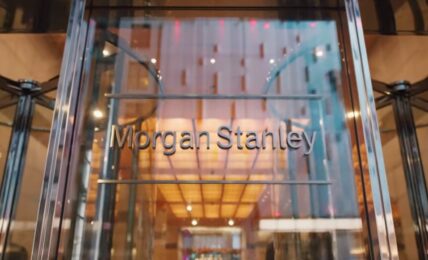New York City Comptroller Brad Lander announced a new proposal to expand the city’s pension funds’ fossil fuel investment exclusion policy by ceasing future private market investments in midstream and downstream fossil fuel infrastructure.
New York City’s pension funds represent over $200 billion in assets, and include the New York City Employees’ Retirement System (NYCERS), Teachers’ Retirement System (TRS), and Board of Education Retirement System (BERS). The Comptroller is the investment advisor to and custodian of assets of the city’s pension funds.
The proposal follows decisions by the pension funds to divest from fossil fuel reserve owners in their public equities portfolio in 2018, and to exclude upstream fossil fuel investments, including exploration and extraction, in their private markets investments in 2023.
The updated policy would add a ban on future investments in areas including pipelines, distribution facilities and LNG terminals in the pension funds’ private equity and infrastructure portfolios.
In order to advance into policy, the new proposals would need to be adopted by the trustees of the pension funds. The Comptroller’s office said that it will present the policy to the trustees in early 2025, following research and development to craft the specific policy language, along with an assessment of its implications and impacts.
Lander said:
“Climate risk is financial risk, and we have a fiduciary duty to our beneficiaries to take that risk seriously as we make long-term investment decisions. The impacts of the climate crisis are playing out in real time, with more frequent hurricanes, flash floods, intense heat waves, and deteriorating air quality jeopardizing our planet and our portfolios. Excluding pipelines and LNG terminals from future investments will help mitigate the systemic risks that climate change poses to the global economy and to New York City’s public pension funds.”


